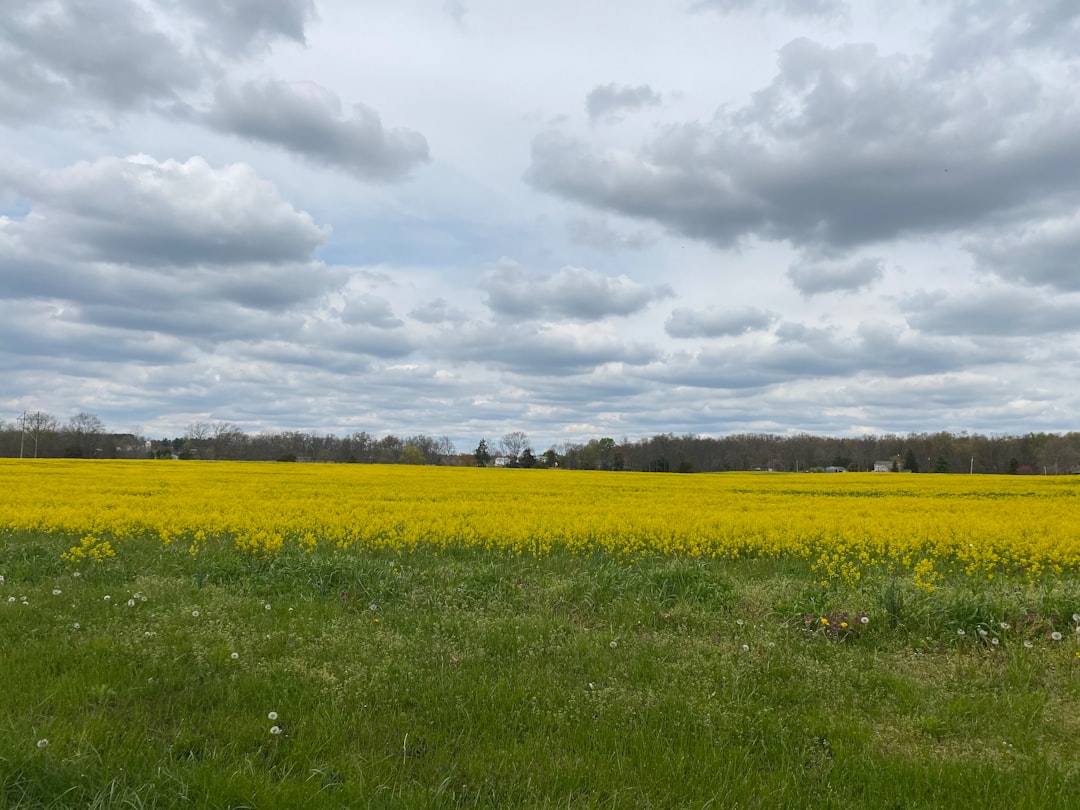Catonsville, Maryland residents are facing a surge in spam calls from law firms and other entities, impacting their quality of life. The Catonsville Community Association (CCA) has launched an initiative called "Do Not Call Maryland" to combat this issue. This program uses advanced technologies to block known spam callers, empower residents with reporting tools, and educate them on do-not-call laws. By reducing unwanted phone marketing, the initiative aims to create a quieter environment, offering relief from persistent calls often associated with Do Not Call attorneys Maryland services.
The Catonsville Community Association (CCA) has initiated an innovative anti-spam call program, tackling a persistent nuisance in the community. With countless unwanted phone calls from legal firms and other telemarketers, residents and businesses are left disturbed. The CCA’s initiative aims to curb this issue by implementing a local solution, empowering Catonsville citizens. This comprehensive program involves educating residents about caller ID blocking, registering Do Not Call lists, and promoting awareness to reduce the impact of spam calls, ensuring a quieter, more peaceful environment for all.
Problem Statement: The Nuisance of Spam Calls in Catonsville

Catonsville, a charming community in Maryland, has been facing a growing nuisance—an influx of spam calls that disrupt the daily lives of its residents. These unwanted telephone marketing calls, often from legal firms or their associates, have become a persistent issue, leaving many Catonsville folks frustrated and disturbed. The problem is particularly acute for those who do not wish to be contacted by such entities, especially when it comes to Do Not Call attorneys in Maryland.
The frequency of these spam calls has led to a significant decline in the quality of life for many Catonsville residents. Many have expressed concern about their privacy and the constant interruption during meals, work, or personal time. This initiative by the Catonsville Community Association aims to combat this issue head-on, offering a solution that respects the peace and quiet of its citizens while promoting responsible marketing practices.
Catonsville Community Association's Initiative: A Local Solution

The Catonsville Community Association (CCA) has recently launched an innovative initiative to combat a common nuisance—unwanted telemarketing calls, also known as spam calls. In response to the growing frustration among residents, CCA has taken a proactive step by creating a local solution that encourages and facilitates the reporting of these unwanted calls.
This initiative aims to empower Catonsville’s citizens by providing them with a dedicated platform to document and share information about spam calls. By pooling this data, the community can better identify patterns and target areas where these calls are most prevalent. Consequently, it enables local authorities and telecommunications companies to take appropriate measures, ultimately leading to reduced spam call volumes in the Maryland area, especially when combined with the statewide “Do Not Call” registry.
Understanding the Impact on Residents and Businesses

Unwanted phone calls from law firms or unknown sources can be a nuisance, disrupting daily routines and causing stress for Catonsville residents and local businesses. These relentless sales calls, often known as spam, have become an increasingly common problem in many communities across Maryland. In response to this growing concern, the Catonsville Community Association has initiated a proactive solution: an anti-spam call campaign.
The initiative aims to educate and empower residents and businesses to take control of their communication. By promoting awareness about do-not-call laws and providing resources for effective blocking measures, the association hopes to reduce the volume of unsolicited calls significantly. This move is particularly relevant given the ease with which telemarketers can target specific areas, making it a collective effort to safeguard both personal peace and business productivity from unwanted intrusions.
Implementation Strategy: How the Program Works

The Catonsville Community Association (CCA) has unveiled an innovative solution to combat a pervasive issue in their community: unwanted phone calls from telemarketers and spammers. The association’s new initiative, “Do Not Call Maryland,” aims to empower residents with a simple yet effective way to reduce these nuisance calls.
The program operates through a centralized system where eligible participants can register their telephone numbers. Once registered, the CCA’s technology filters out known spam callers, blocking their calls from reaching resident phones. This strategy leverages advanced call routing and blocking technologies, ensuring a seamless experience for those who opt-in. By implementing this initiative, the community takes a proactive step towards creating a more peaceful and secure environment, free from intrusive marketing calls.
Expected Outcomes and Benefits for the Community

The Catonsville Community Association’s new Anti-Spam Call initiative is poised to bring about several expected outcomes and benefits for residents. By implementing this measure, the association aims to significantly reduce unwanted phone calls, commonly known as spam, that often disrupt daily life and business operations. This proactive step will create a quieter, more peaceful environment for all community members.
One of the primary advantages is the enhanced privacy and peace of mind it offers. Residents can expect a decrease in unsolicited sales calls, telemarketing, and robocalls, ensuring their personal time remains uninterrupted. Moreover, businesses within the community will benefit from improved operational efficiency as they can better manage legitimate customer interactions, leading to higher customer satisfaction. With “Do Not Call” registries becoming more widely adopted, Maryland residents now have an additional layer of protection against excessive telemarketing, making Catonsville a model for community-driven anti-spam initiatives.






